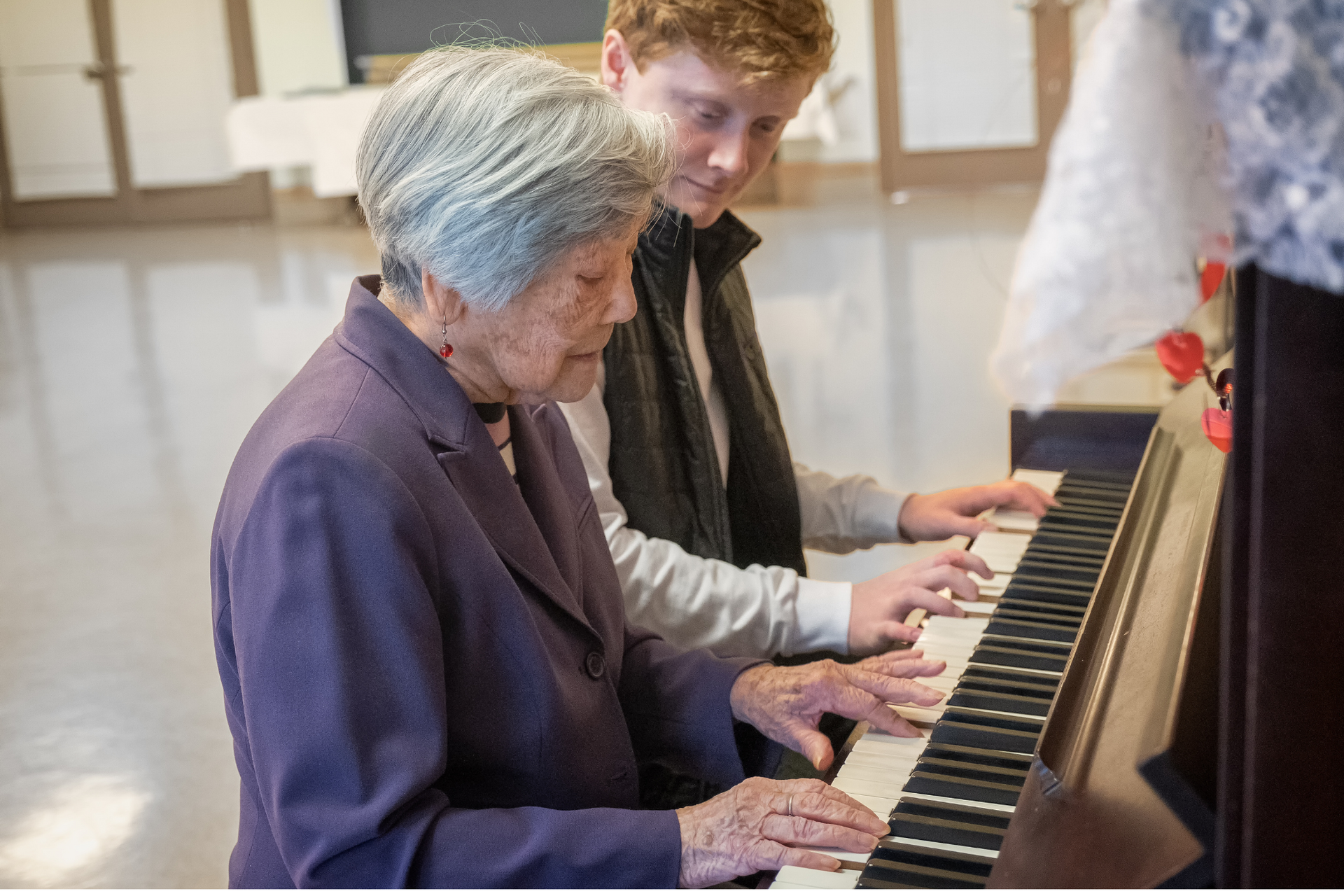What is Music Therapy?

By The Boomer Report
Music therapy is a clinical, evidence-based healthcare practice in which a credentialed professional (MT-BC) uses music within a therapeutic relationship to help people reach individualized physical, emotional, cognitive, and social goals.
Sessions may include live music, singing, instrument play, songwriting, lyric discussion, guided listening, movement to music, and relaxation/imagery techniques. Clients do not need any musical skill to benefit.
Definition according to the American Music Therapy Association
Common uses of Music Therapy across age groups
- Infants & NICU: Stabilizing heart/respiratory rates, supporting sleep and feeding rhythms, bonding, and reducing pain and distress during procedures.
- Children & Adolescents: Autism/IEP goals, communication and social skills, emotion regulation, anxiety/depression support, and coping with medical procedures.
- Adults: Music therapy can be used for pain management, stress management, mental health conditions such as depression, anxiety, substance use. It can also serve patients during cancer care, cardiac rehab, orthopedic rehab, and trauma recovery.
- Neurologic rehabilitation (all ages): Speech, cognition, and motor recovery after a stroke and gait and movement in Parkinson’s disease. Therapy methods include rhythmic auditory stimulation and melodic intonation.
- Older adults & seniors: Memory, mood, agitation, and social engagement in dementia care; motivation and movement after stroke; quality of life in long-term care, home health, and hospice.
Where Music Therapy is Delivered
Music therapists work in hospitals, rehab centers, schools, mental health programs, long-term care, hospice/home care, and private practice in a patient or clients home.
If you are looking for a music therapy provider in your local area, look for the MT-BC credential (board certification). Note, not all music therapy directories include all certified providers. Start with a local Google Search.
